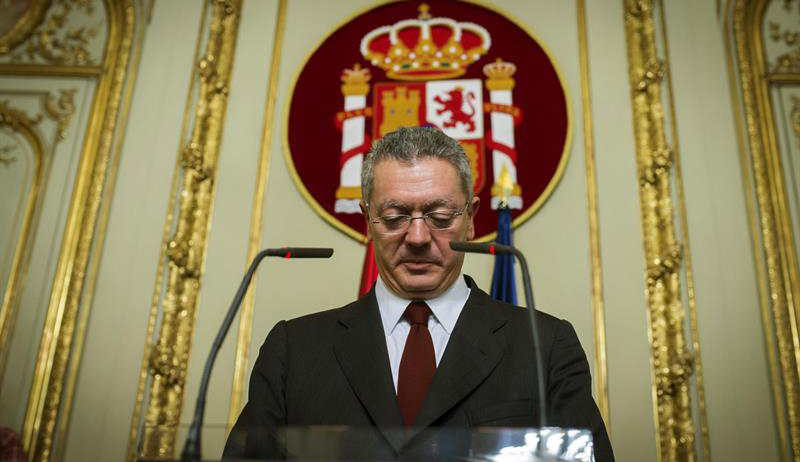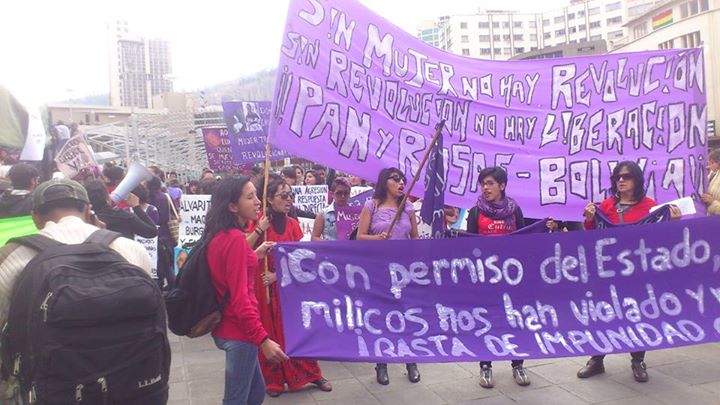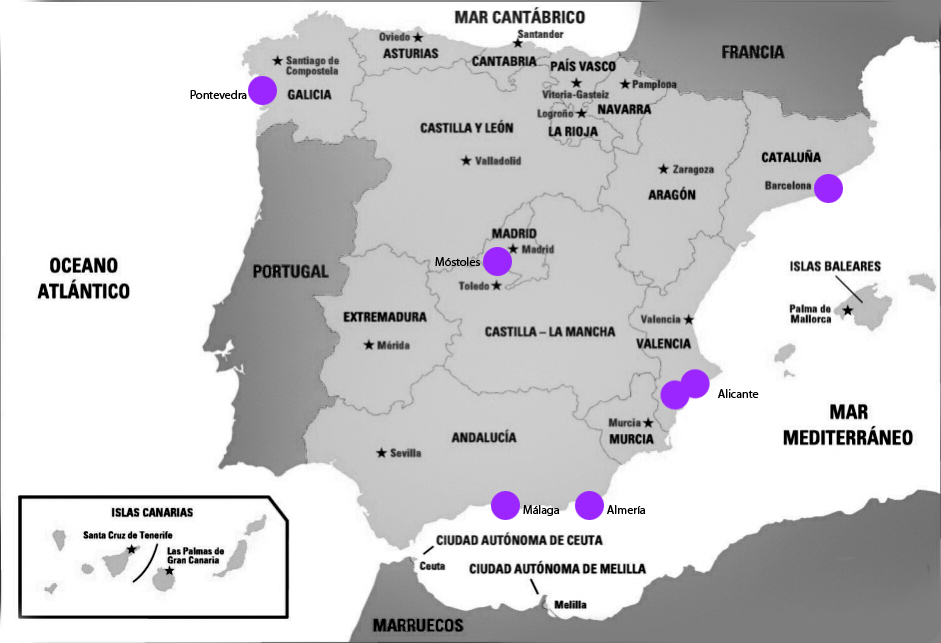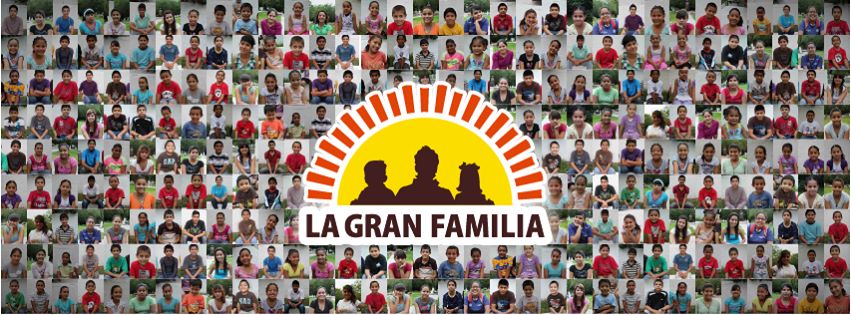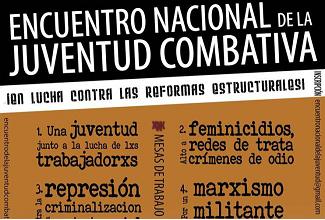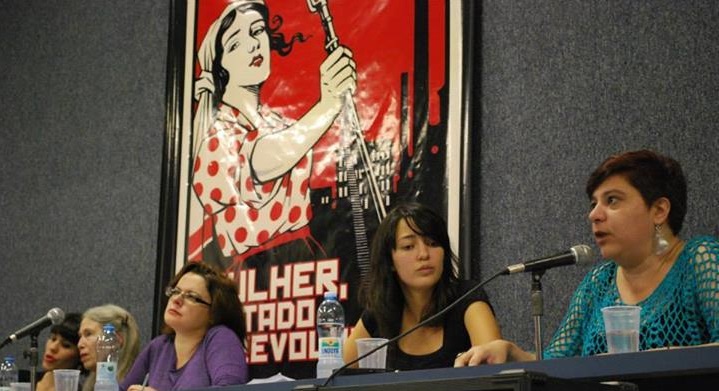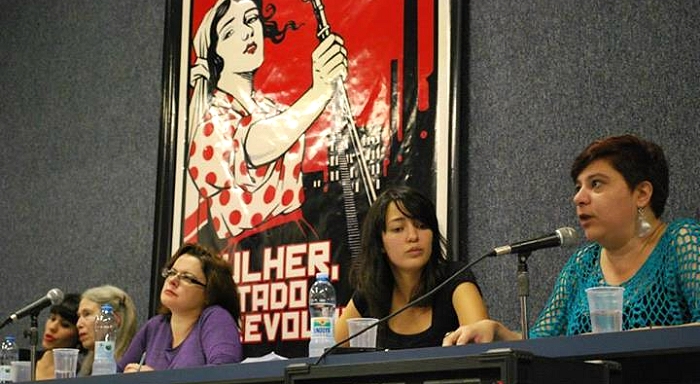Enormous reaction to the rape of a young female student
Massive protests in India
17/01/2013 Repercussions in Asia and throughout the world
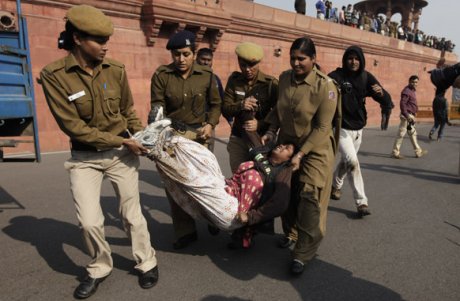
By Isabel Infanta
The news of a horrendous murder of a woman that occurred in New Delhi, the capital of India, overshadowed the end of 2012. The pain of a young female student, ended with her death in a Singapore hospital, on December 29.
The brutality of the act made men and women shudder throughout India and the world. The reaction of the population was immediate; they went out in thousands to the streets in New Delhi and in other cities like Imphal, fed up with the situation of oppression and violence towards women, that increases day by day, with the complicity of the state institutions by action and/or neglect.
Women and men led marches and rallies in front of different government agencies, as well as at the Jantar Mantar (an observatory where protests in New Delhi usually assemble), and some demonstrators are even spending several days on hunger strikes. Student organizations have also joined what has turned into a wave of outrage, unprecedented in the country.
The government’s first response was brutal repression. Dozens of injured people and prisoners and at least one death were the toll of the police charge with clubs, gas, and bullets. Despite the just nature of the demonstrators’ demands, no other response was to be expected from a government built on the basis of the most dreadful oppression of the great toiling masses.
In the so-called “biggest democracy” of the planet, control by the bourgeoisie is based on survivals from the ancient regime of castes, of pre-capitalist origin, linked to Hinduism (the predominant religion), in which the social position of families and the sexes is predetermined by birth, and it is practically irremovable. Thus, the leading dynasties of the country, where women enjoy rights and occupy some important political and business positions, are found among the privileged castes, while the great toiling masses are found in the lower castes, and women occupy the lowest position, becoming a commodity, in view of the extreme poverty of the families.
Sexual attacks are a hidden dimension of the reality of Indian women, since reporting a rape usually means still more punishment for the female victim, who is frequently forced to marry the man who raped her, as a form as social “reparation,” and the victim is burdened with the family shame, the indifference of the authorities, and widespread impunity. But that reality also includes other horrendous dimensions, like the murder of infant girls (in certain states of India, fewer than 850 women are born, for every 1,000 men, owing to this misogynist practice), child marriage, the lack of education, unpaid or poorly paid labor in comparison with men, domestic rape and rape within marriage, trafficking in human beings, and so many other calamities, many of which are not foreign to the working-class women of our latitudes.
The response of the Indian authorities shows the institutionalization of violence against women. The persistence of the demonstrations, despite the measures of the government, that closed the subway entrances in the area of the protests, prohibited mass meetings and engaged in direct repression, forced Prime Minister Manmohan Singh to take some symbolic measures, like receiving the young woman’s body, when it was returned to India, and participating in the funeral rites, and promoting legal changes that are still unclear, in order to get the people off the streets. The only concrete announcement was the increase in female police personnel in the police stations, “so that female victims will feel more comfortable in bringing charges.” The reactionary character of this measure becomes obvious, just by looking at the photos of the repression of the demonstrators, in which female police personnel are observed in action.
The trial of the murderous rapists is now taking place behind closed doors and in great secrecy, measures decreed by the judge to take the case out of the public sphere. Recently, after the complaint made by the friend of the female victim about the apathy of the police in helping the couple, it was announced that the dubious performance of the police during the act will be investigated. However, the massive character, strength and persistence of the mobilizations express the breaking of a long silence that spread like wildfire among oppressed men and women, the development of which could call into question one of the most aberrant manifestations of social oppression in the region.
